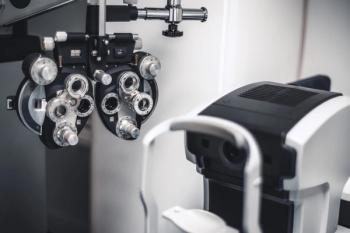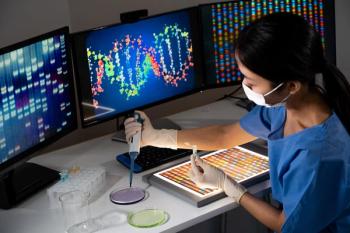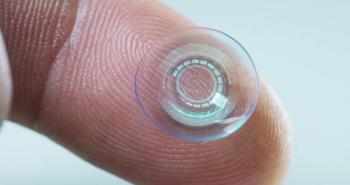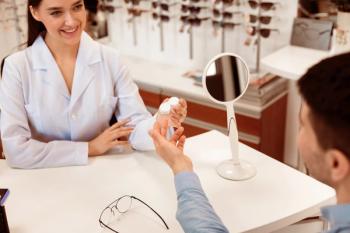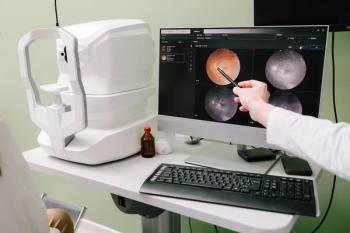
Study sheds new light on childhood myopia
The amount of time spent outdoors is a good predictor of myopia down the road, new research shows.
Key Points
Bristol, UK-It turns out that when your mom sent you into the yard for a few hours she was doing your eyes a favor, not just getting you off her nerves.
Study results, published online last month in Investigative Ophthalmology & Visual Science, challenge the conventional thinking about how near vision activity, physical activity, and time spent outdoors affect the development of myopia in children. The results suggested that just being outside in brighter ambient light is more a factor in not developing myopia than participating in any sports-related activity when children are outside. The study did not examine how being outside helps reduce the incidence of myopia in children.
"In this prospective cohort study, greater time spent outdoors at age 8-9 years was associated with a reduced incidence of myopia development over the whole study period (ages 7-15) and specifically between the ages of 11 and 15 years," the authors wrote. "Time engaged in physical activity, which was assessed using a rigorous, quantitative method, was also associated with myopia onset but to a lesser extent.
" Marc B. Taub, OD, MS, FAAO, FCOVD, said the study makes an important contribution to myopia research because it isolates and measures being outdoors and participating in physical activity as separate factors in the development of myopia in children.
This study shows us that myopia development is not driven by a single item," said Dr. Taub, Chief of Vision Therapy and Rehabilitation and pediatric residency supervisor at Southern College of Optometry in Memphis. "There are many variables involved."
Role of light levels
"We're still not sure why being outdoors is good for children's eyes, but given the other health benefits that we know about, we would encourage children to spend plenty of time outside, although of course parents will still need to follow advice regarding UV exposure," said lead author Catherine Williams, BSc, MBBS, FRCOphth, of the University of Bristol.
"Our study did not address how or why being outdoors might protect against nearsightedness," corresponding author Jeremy Guggenheim, BSc, PhD, of Cardiff University, told Optometry Times. "Irrespective, this research suggests it is good for children to spend more time outdoors."
Dr. Williams acknowledged a need for further studies investigating how much time outside is needed to protect against myopia, at what age the protective effect of spending time outside is most marked, and how the protective effect actually works.
"Since the prevalence of myopia varies little across geographical latitudes that exhibit wide differences in day length and ambient light intensity, it is likely that light levels regulate the eye's 'gain' response to the visual cues that guide emmetropisation rather than exerting a direct effect on eye growth," the authors wrote. "Additional experiments in animal models should prove useful in elucidating the range of light levels that offer most protection against myopic eye growth, and the daily duration of high intensity light that is required."
Endorsing time outdoors
The study found no correlation between time spent reading for pleasure and time spent outside, suggesting that children who read more are just as likely to spend time outside as those who read less.
Previous studies have shown mixed evidence that more time outdoors has a negative association with developing myopia. Some research has looked at playing sports outdoors as a single factor, potentially confounding results by combining what the new study identifies as separate factors.
Dr. Taub said that while the study should guide new research to better understand the development of myopia, understanding the importance of spending time outside could have additional benefits. "Getting kids outside good is good for their overall health and development," Dr. Taub said.
Newsletter
Want more insights like this? Subscribe to Optometry Times and get clinical pearls and practice tips delivered straight to your inbox.


